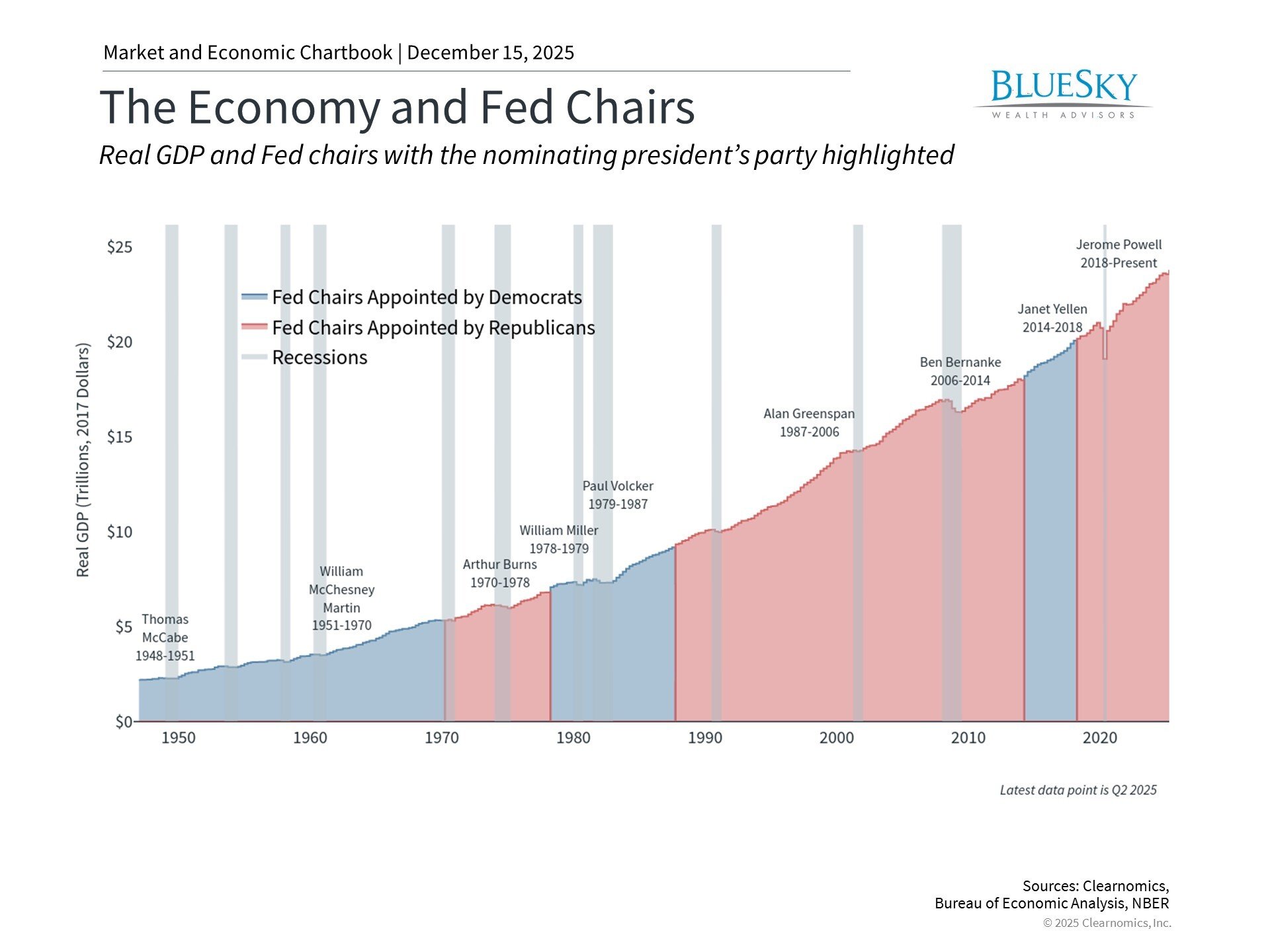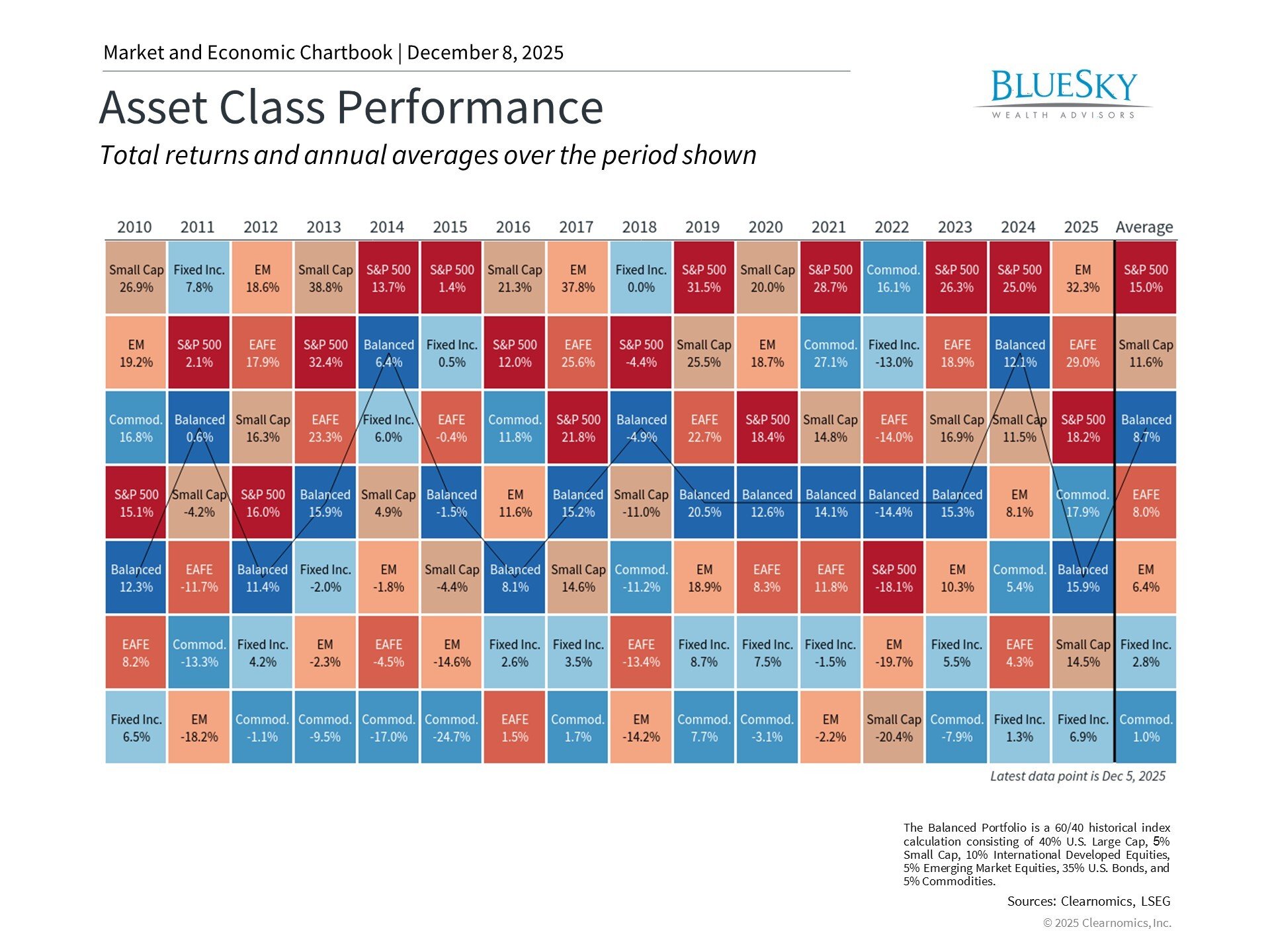
HOW IMPORTANT ARE ADVISOR'S CREDENTIALS?
HOW IMPORTANT ARE ADVISOR'S CREDENTIALS?

At BlueSky Wealth Advisors, we believe that the professional certifications held by advisors play a critical role in helping investors achieve long-term financial success.To that end, when you are looking for an advisor, be sure that they hold a Chartered Financial Analyst® and/or a CERTIFIED FINANCIAL PLANNER™ designation. Other credentials to look for are Registered Paraplanner and Enrolled Agent. Let’s take a look at each of these credentials beginning with the Chartered Financial Analyst.
Chartered Financial Analyst
The Chartered Financial Analyst (CFA) charter has become the global professional investment credential. In fact, the CFA charter is often referred to as the gold standard of the financial industry. To become a CFA charterholder, a candidate must pass three six-hour examinations (the average time to successfully complete all three exams is four years).
The CFA Program curriculum covers concepts and skills that advisors use every day. These include academic theory, current industry practice, and ethical and professional standards that give advisors a strong foundation for the financial planning and portfolio management skills they provide to clients.
Core elements of the CFA curriculum include investment tools (economics, financial statement analysis, quantitative analysis and corporate finance), asset valuation (analysis of debt and equity investments, derivatives and alternative investments), and portfolio management (both institutional and individual, including performance measurement).
CERTIFIED FINANCIAL PLANNER™
The CERTIFIED FINANCIAL PLANNER™ (CFP®) certification has become the recognized standard of excellence for personal financial planning. The CFP® designation is awarded through the CFP Board which fosters professional standards in personal financial planning through its setting and enforcement of the education, examination, experience, ethics and other requirements for CFP® certification.
To receive certification, CFP® candidates must pass a comprehensive, 10-hour CFP Certification Examination. In addition, CFP® candidates must have a total of three years full-time qualifying experience; the equivalent of 6,000 hours of relevant work experience.
CFP® professionals are held to rigorous ethical standards through their adherence to the CFP Board’s Standards of Professional Conduct. To maintain their certification, CFP® professionals must complete 30 hours of Board-approved continuing education every two years.
Registered Paraplanner℠
Individuals who hold the Registered Paraplanner℠ (RP®) designation have completed a course of study that covers the financial planning process, the five disciplines of financial planning, general financial planning concepts and terminology, and product categories.
Additionally, designees must pass an end-of-course examination that tests their understanding of complex financial planning concepts and their ability to apply theoretical concepts to real-life situations. Also, an RP® must agree to adhere to the College for Financial Planning’s Standards of Professional Conduct. Finally, an RP® must renew their designation every two-years by completing 16 hours of continuing education credits.
Enrolled Agent
An individual who becomes an enrolled agent (EA) enjoys the privilege of representing taxpayers before the Internal Revenue Service (IRS). EAs must pass a three-part, comprehensive test administered by the IRS covering individual and business tax returns, or have experience as an IRS employee.
To maintain EA status, individuals must complete 72 hours of continuing education courses every three years. Like attorneys and certified public accountants, EAs have unlimited practice rights when it comes to whom they can represent and what types of tax matters they can cover.
Conclusion
While sometimes resembling alphabet soup on an advisor’s business card, the professional credentials earned and maintained by advisory and client service professionals are focused and directly relevant to helping investors achieve long-term financial success.





